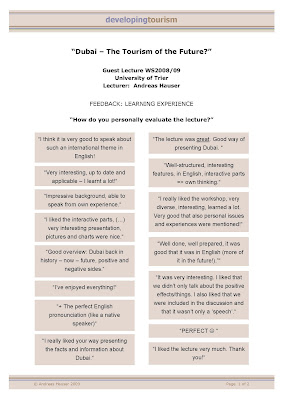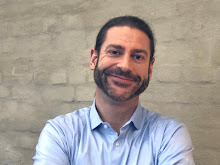Intercultural Management Seminar:
Doing Business in Spain
As a part of Europe, Spain is perceived as a fellow country: as holidaymakers, especially Germans have a close relationship with the land and the people. However, when moving to the business side, it becomes very quickly apparent that there are major differences between the German and the Spanish culture.
In order to meet the growing demand for intercultural awareness when doing business in Spain, I recently developed a specialised training programme for managers and sales people from a German-speaking background. The Spanish have a highly personalised approach to interactions, differing greatly from the task-oriented German attitude. But this is only one of many pitfalls in pursuing a successful relationship: the Spanish appreciation of family values, the regional differences, the importance of good looks and the passion for food need to be taken seriously.
The structure of the training programme considers the key aspects of German and Spanish culture, aiming at creating an understanding and an awareness of the differences in business and private transactions:
- Introduction and Expectations
- The Kingdom of Spain
History – Rise – Self-Understanding - Customs and Culture
Regions – People – Traditions - Business and Culture in Spain
Dimensions – Differences – Particularities - Business Etiquette
Situations – Requirements – Behaviour - Communication
Language – Dialogue – (Mis-)Understanding - Business Practices
Interactions – Presentations – Conflicts - Personal Tips and Recommendations
As in all my trainings, the contents are individually aligned with the specific exigencies of the participants, taking into consideration the field of activities, the economic sector, the previous experience, the concrete requirements and the time available. The methods applied in my seminar support a highly interactive learning style, by means of e.g. presentation, moderated discussion, films, case studies, group work, role plays, critical incidents and a wealth of personal experience.
More detailed information about my intercultural seminars as well as further links are available under
www.andreashauser.com
It is true that Spain is a part of Europe – however, the cultural difference are significant and should not be underestimated when entering into business contacts with Spanish partners.
An intercultural training supports an increased awareness for critical situations, thus preparing the participants in their conduct: the key to personal achievements and lasting business success in Spain.
Andreas Hauser








